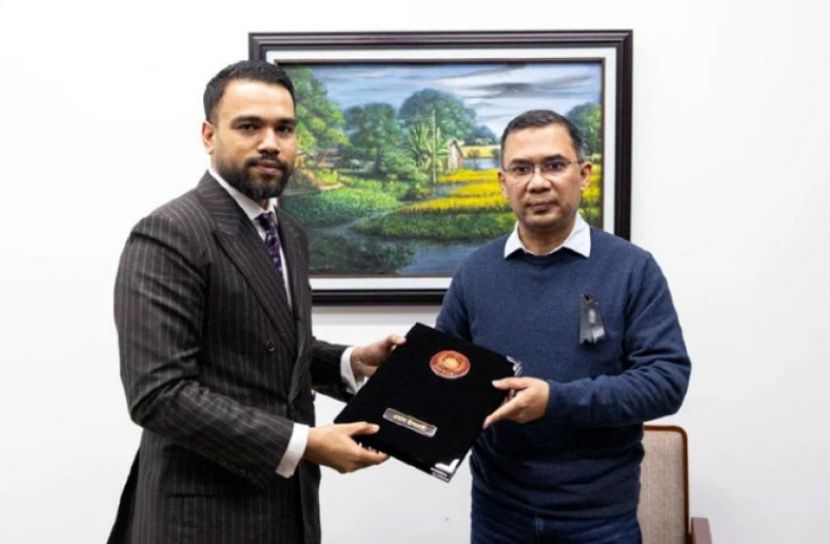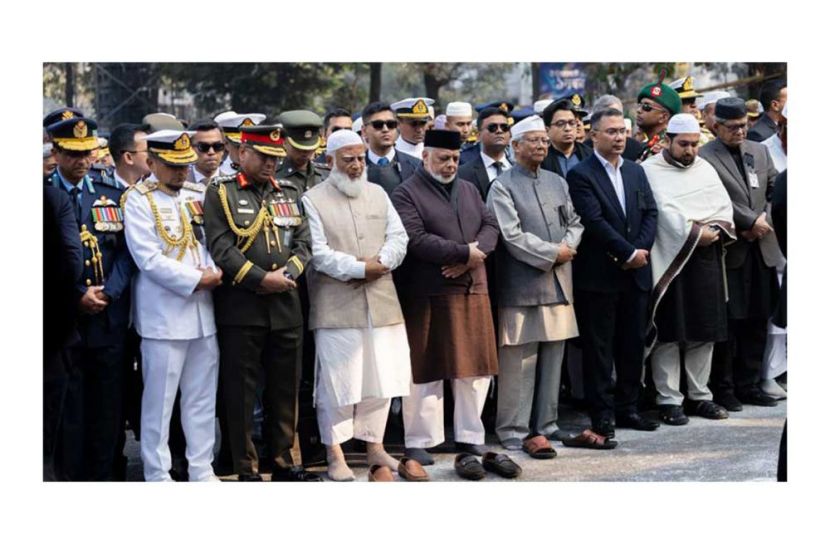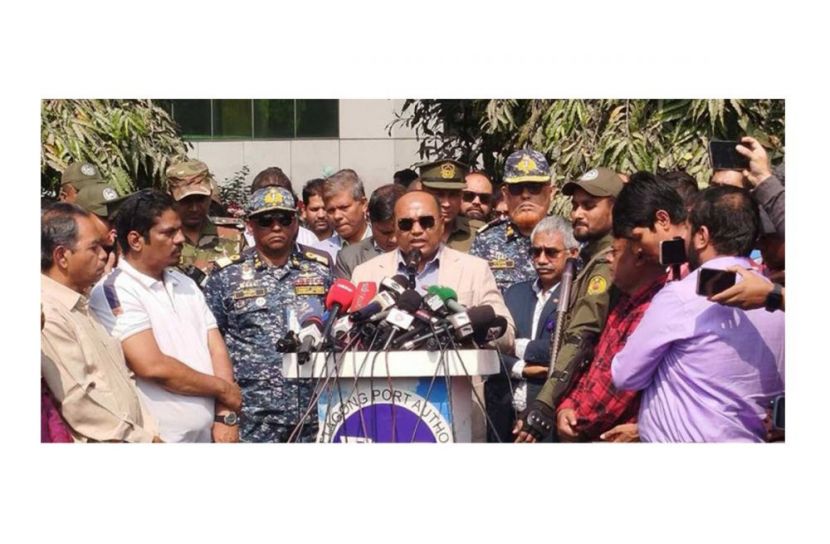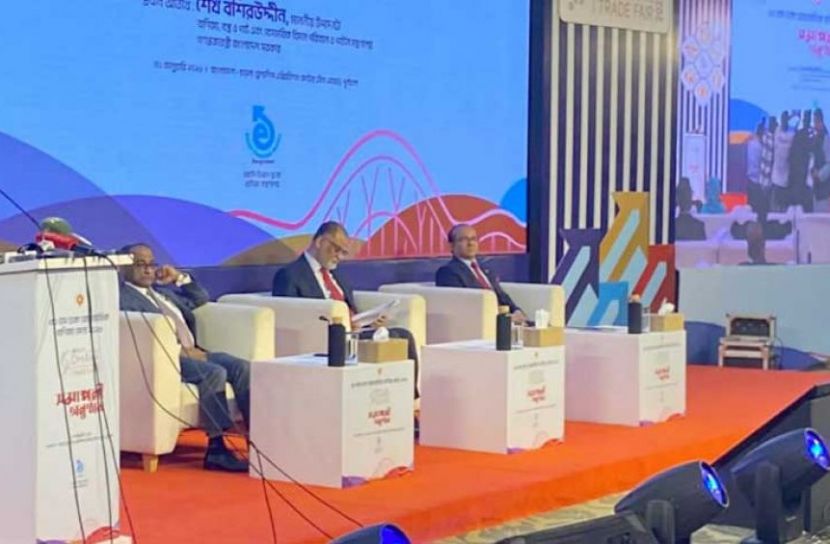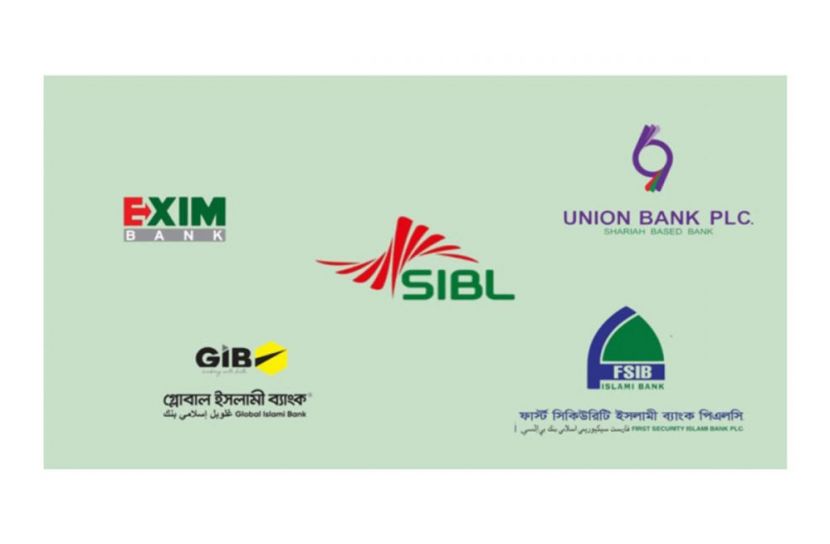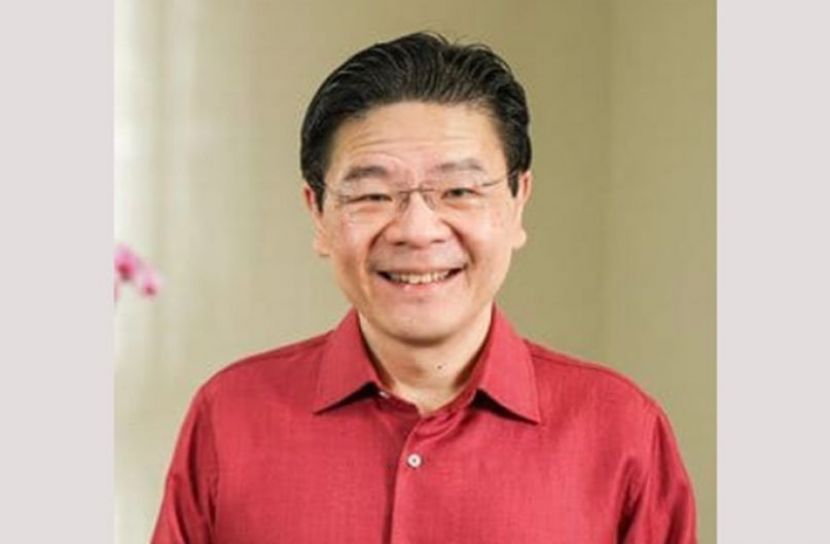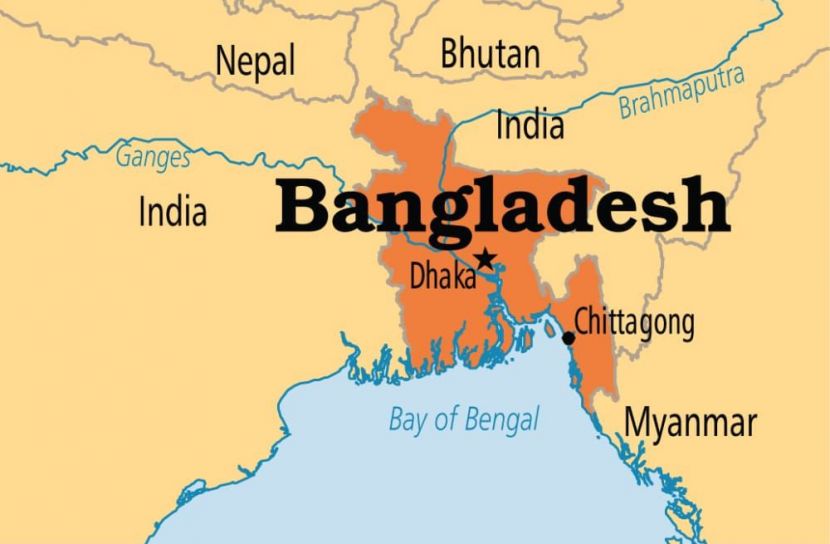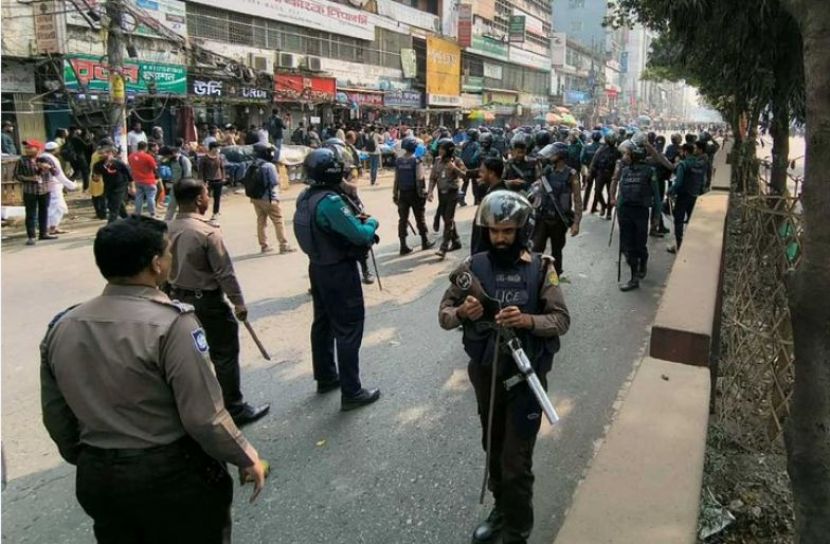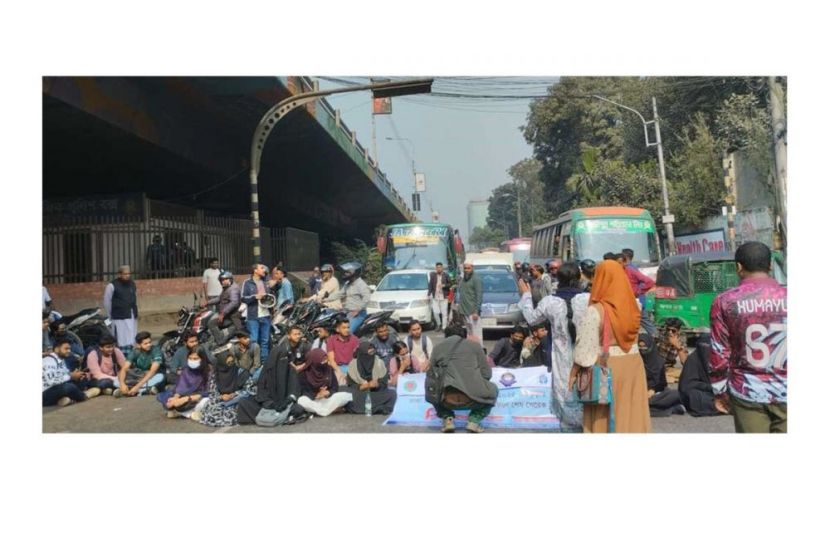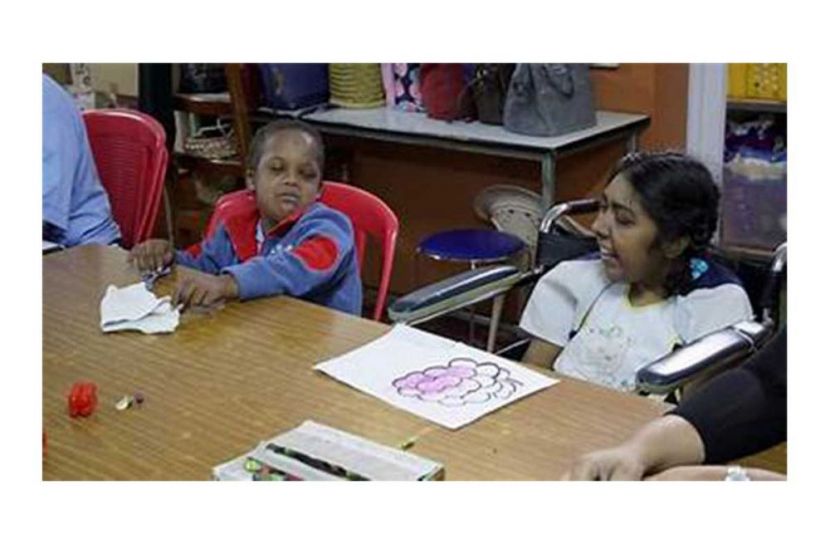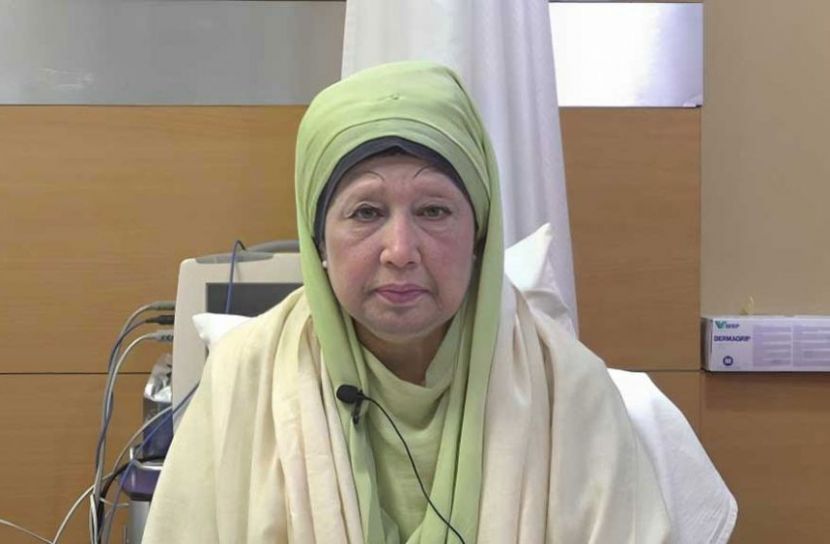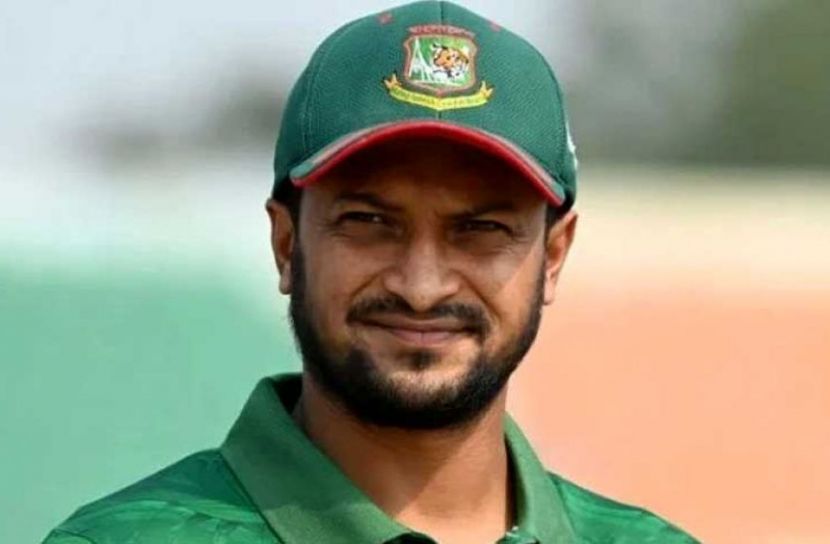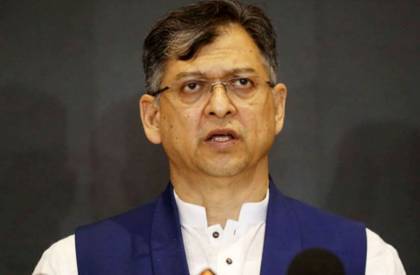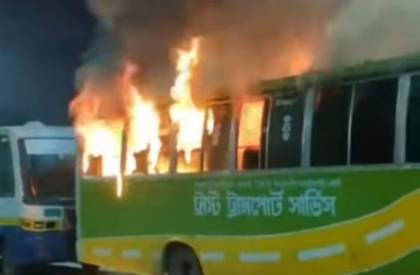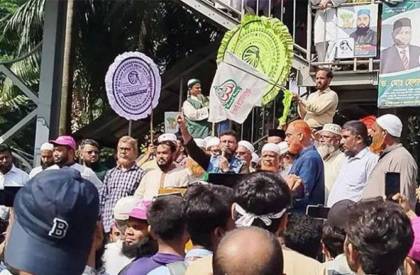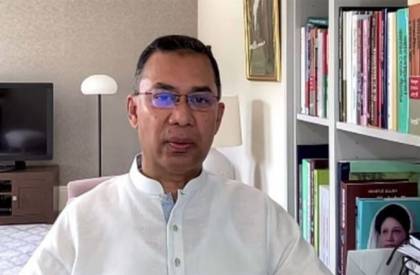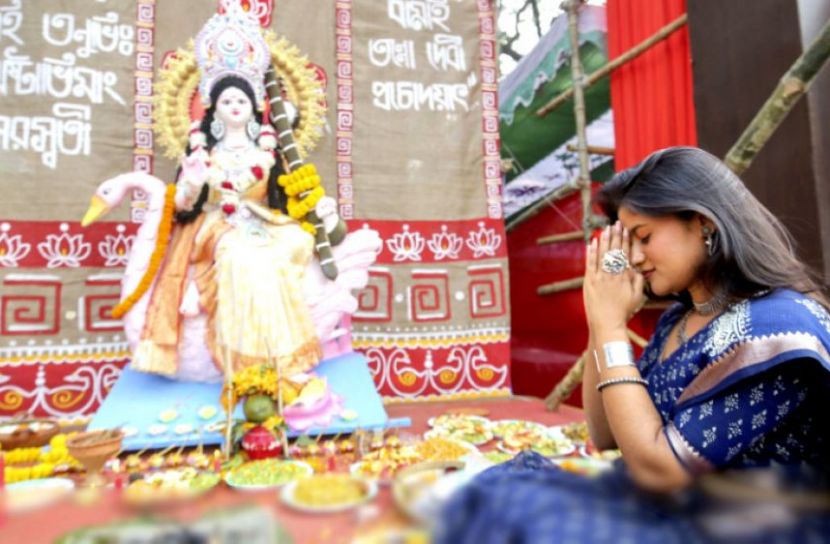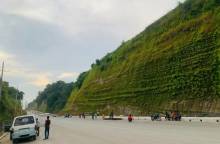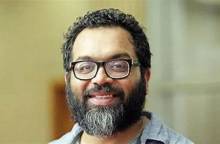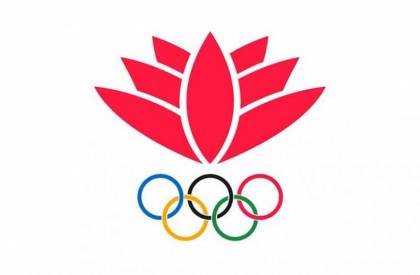The International Crimes Tribunal-1 has sentenced deposed prime minister Sheikh Hasina and former Home Minister Asaduzzaman Khan Kamal to death in the much-anticipated case over crimes against humanity involving the last year's July Mass Uprising.
A three-member bench of the ICT-1, led by Justice Golam Mortuza, pronounced the judgement on Monday in presence of co-accused former Inspector General of Police (IGP) Chowdhury Abdullah Al-Mamun.
Sheikh Hasina and Asaduzzaman are fugitive, while Mamun, a state witness, is under police custody. The tribunal also ordered to confiscate the properties of Hasina and Asaduzzaman in favour of the state.
This is the first judgement in the July uprising case. According to the tribunal judgement, Sheikh Hasina was sentenced in two charges, while Asaduzzaman was sentenced in one charge. As Mamun is the approver, he awarded five-year jail sentences. The 453-page verdict consists of six parts, said one of the judges of the panel while stating the preamble of the verdict. He also said, there is no scope under the law to raise a question over the jurisdiction of the ICT.
On June 1, the prosecution formally filed charges against Sheikh Hasina and the two accused. Those are:
1. Inciting the crimes through provocative speech:
Following Sheikh Hasina's speech at a press briefing on July 14, 2024, former home minister Asaduzzaman Khan Kamal, former IGP Chowdhury Abdullah Al-Mamun and other senior officials of the then government abetted, assisted and were complicit in launching a severe and coordinated attack on unarmed student protesters.
2. Ordering the extermination of protesters using lethal weapons:
Sheikh Hasina is accused of ordering the extermination of student demonstrators through the use of helicopters, drones and lethal weapons. The then home minister and the then IGP facilitated and implemented this directive by issuing instructions to law enforcement personnel under their command.
3. Killing of BRUR student Abu Sayed:
This charge concerns the July 16, 2024 killing of Begum Rokeya University student Abu Sayed, who was shot multiple times at close range in the chest.
4. Chankharpul killings:
The shooting and killing of six unarmed protesters in Dhaka's Chankharpul area on August 5, 2024, has been brought as a separate count of crimes against humanity.
5. Ashulia mass killing:
The prosecution also cited the shooting of six student protesters in Ashulia on August 5, 2024 - five of whom were later burned after death, while the sixth was allegedly set on fire while still alive.
Former Inspector General of Police (IGP) Chowdhury Abdullah Al-Mamun, who testified as a state witness, received a five-year prison term.
The Awami League government fell on August 5, 2024, amid the uprising of the students and mass people.
Arguments in the case began on October 12 and concluded on October 23. Total 54 witnesses testified during the trial.
BNP Secretary General Mirza Fakhrul Islam Alamgir express his reaction on the verdict as ‘end of all dictatorships’
On the other hand Law Adviser Asif Nazrul has said the government will send a fresh letter to India seeking the extradition of deposed Prime Minister Sheikh Hasina, following her death sentence handed down by International Crimes Tribunal-1 (ICT-1).
Despite the verdict, its implementation remains uncertain because both Hasina and Asaduzzaman Khan have been residing in India since the fall of Awami League government on 5 August last year.
A previous request from Bangladesh for Hasina’s extradition received no response from New Delhi.
Speaking to reporters at Secretariat after the verdict, Asif Nazrul said the government would again formally ask India to return the former prime minister.
He added that continued sheltering of Hasina would amount to an unfriendly act toward Bangladesh.
Prosecutor Gazi Monowar Hossain Tamim said earlier that, following conviction, the prosecution will apply to Interpol for a “conviction warrant” to support the issuance of a Red Notice.
PT/ra


